Veterinary Committee on Trauma Conference
Speakers
Las Vegas, NV
/
April 12-14, 2024
/
EARN UP TO 12 CE Hours

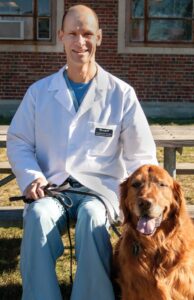
Kiko Bracker
Dr. Bracker is a boarded criticalist and co-directs Angell’s Emergency and Critical Care (E/CC) service in Boston with Dr. Meg Whelan. In 1997, Dr. Bracker completed his internship at Southwest Veterinary Specialty Center in Tucson, AZ, where he then worked for several years on their busy emergency service. In 2002, he accepted a residency position at Angell before becoming an Angell staff veterinarian in 2005 in the Emergency/Critical Care Department. Dr. Bracker oversees Angell’s E/CC residency program.
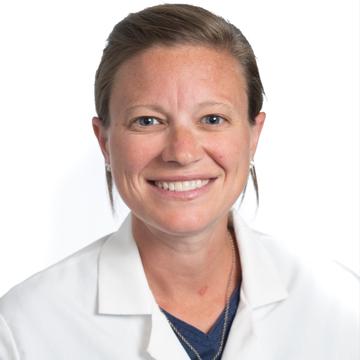
Amanda Cavanagh
Dr. Amanda Cavanagh, DVM, DACVECC, is an Assistant Professor of Small Animal Emergency and Critical Care at Colorado State University College of Veterinary Medicine and is the section head of the Emergency Service. Dr Cav received her undergraduate degree from Georgetown University in Washington DC. She then received her DVM from Auburn University in 2011 and acquired ACVECC board certification after completing a residency at North Carolina State University in 2015. Dr. Cavanagh has a special interest in point of care ultrasound, traumatology, and toxicology. She is owned by 4 lovely children, two moderately dyspneic pugs, and a hairless cat who has an impressive multi-season, holiday inclusive wardrobe.
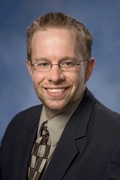
Edward Cooper
Dr. Edward Cooper received his veterinary degree from the University of Pennsylvania followed by a small animal rotating internship at Michigan State University. He then completed a residency in small animal emergency and critical care and obtained a Master of Science degree in veterinary clinical sciences care at the Ohio State University. After completing his residency and successfully obtaining board certification in Veterinary Emergency and Critical Care, Dr. Cooper remained at the Ohio State University, and currently holds the position of Professor – Clinical. In addition, he has served as section head for the small animal emergency and critical care service at the Ohio State University Veterinary Medical Center since 2010. Dr. Cooper’s principle clinical and research interests include trauma, fluid therapy, hemodynamic monitoring (with emphasis on microcirculation) and feline urinary obstruction. He has authored numerous peer-reviewed articles and invited book chapters in these areas and others.
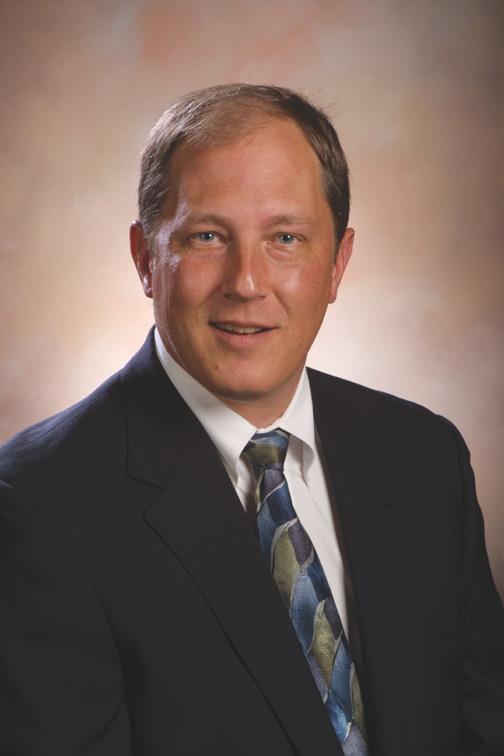
Chris Cribari
Dr. Chris Cribari is a vascular surgeon in Loveland, CO, and is affiliated with multiple hospitals including UCHealth Medical Center of the Rockies. He has been in practice more than 20 years.
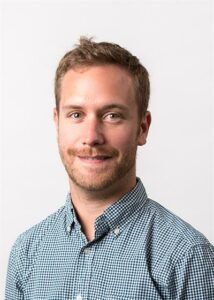
Ian Destefano
Dr. DeStefano grew up in Massachusetts not far from the Cummings School campus. After attending veterinary school in California, he returned to the east coast for a rotating small animal internship and subsequently was an emergency clinician in a busy private practice for several years. He then pursued residency training in emergency and critical care at Tufts, and became a faculty member thereafter. Dr. DeStefano has several roles at the Cummings School, but largely serves as faculty in the emergency and critical care (ECC) service, overseeing and teaching veterinary students, rotating intern doctors, and ECC residents treating small animals. He also participates in hospital committee work, and is the co-chair of the hospital Infection Control and Antimicrobial Stewardship Team (ICAST) alongside Dr. Claire Fellman. Together, the ICAST group provides a resource for the hospital regarding infection control measures, as well as working together on antimicrobial stewardship research in various avenues. This partnership is a joint effort with stakeholders from the Tufts Medical Center in Boston and is truly a One Health collaborative team. Dr. DeStefano’s research interests include infectious disease/antimicrobial stewardship, as well as disorders of coagulation and fibrinolysis to name a few.
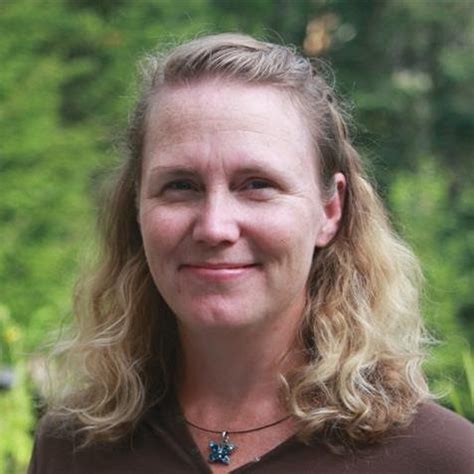
Kelly Hall
Dr. Kelly Hall has a passion for improving trauma patient care through collaborative clinical and translational research. She was a faculty member at the University of Minnesota for 14 years where she also earned her DVM, Emergency and Critical Care training for board certification and Masters in Clinical Research. Dr. Hall is honored and proud to be a part of the ACVECC Veterinary Committee on Trauma (VetCOT) with its multi-disciplinary and multi-institutional approach to improve trauma patient care. Dr. Hall joined the Critical Care Services team at Colorado State University in September 2019, and is enjoying being part of a team striving to contribute to and help advance all we do in the critical care
space. Primary drivers of Dr. Hall’s philosophy, whether on the clinic floor, on the basketball court, in the classroom or advancing research collaborations include Angela Duckworth’s research on “grit”, Carol Dweck’s research on “growth mindset” and John Wooden’s “pyramid of success”.
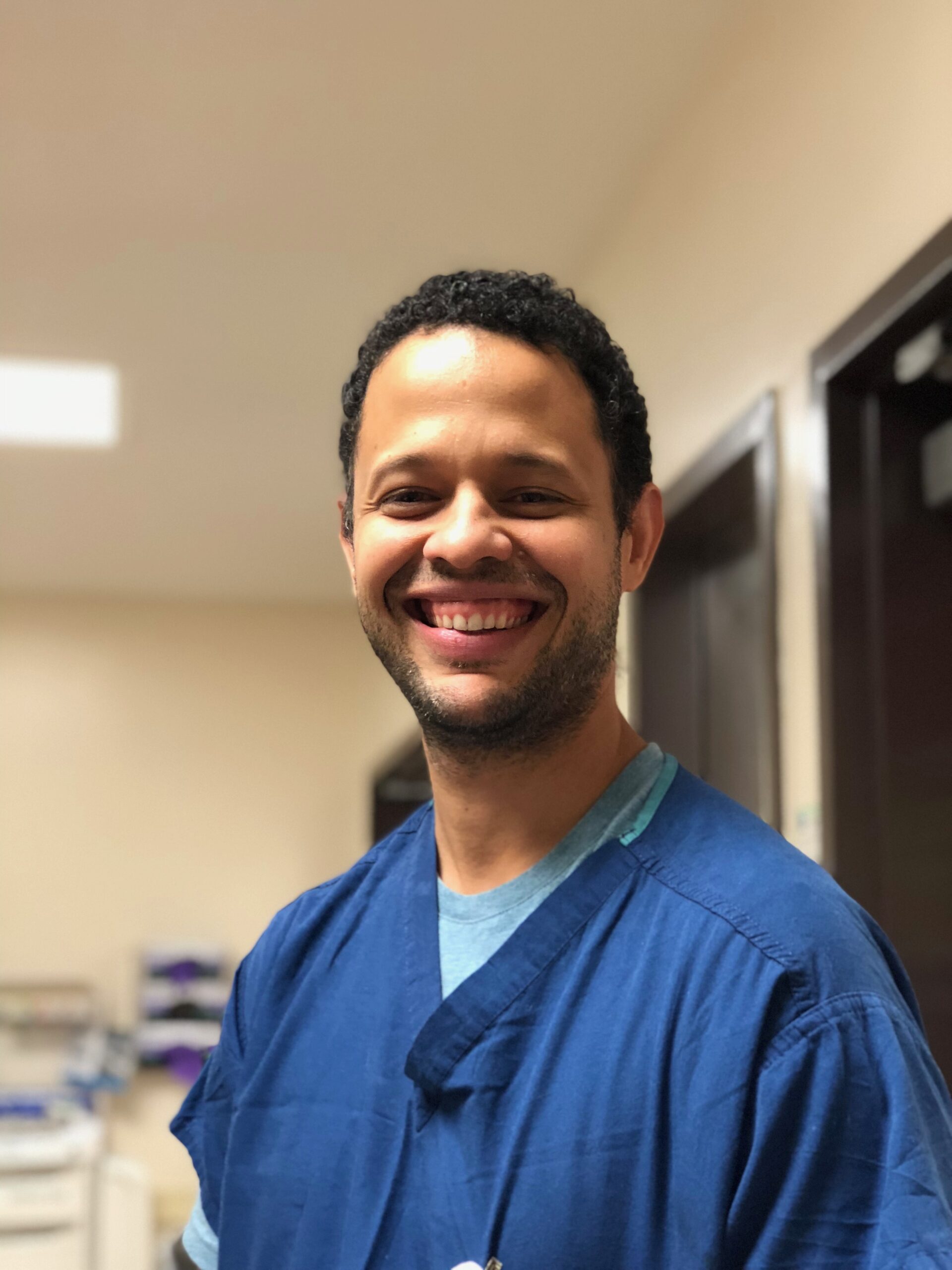
Guillaume Hoareau
Dr. Hoareau earned his veterinary degree from the Toulouse National Veterinary School, France. He completed a residency from the University of California-Davis and is now board-certified by both the American and European Colleges of Veterinary Emergency and Critical Care. Dr. Hoareau holds a PhD from the University of California-Davis in Integrative Pathobiology, specifically in resuscitation and haemorrhage control. He is an Assistant Professor of Emergency Medicine and an investigator at the Nora Eccles-Harrison Cardiovascular Research and Training Institute at the University of Utah, School of Medicine. He studies mitochondrial dysfunction after profound blood loss. Dr. Hoareau also cares for patients in the Salt Lake City area.
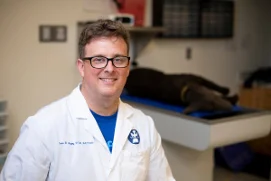
Sean Majoy
Sean Majoy is a clinical assistant professor in emergency and critical care at the Cummings School of Medicine at Tufts University. He may be considered a “Triple Jumbo”, having completed veterinary school, residency, and now serving as faculty at Tufts—home of the Jumbos. He has spent the majority of his veterinary career as an officer in the US Army Veterinary Corps, first serving on active duty for 12 years, a span which included two overseas assignments at Yongsan Garrison in Seoul, Korea and one assignment heading the internal medicine and outpatient section at the LTC Daniel E. Holland Military Working Dog Hospital on Lackland Air Force Base in San Antonio, Texas. During the last 5 years he has served as a reservist, recently leading the last fully staffed veterinary detachment in Afghanistan from 2020-2021. His primary areas of interest are management of trauma and most aspects of working dog medicine.
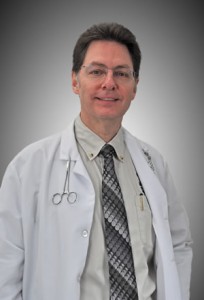
Tony Mann
Dr. Mann received his DVM from the Ohio State University in 1982, and completed a small animal surgical residency and MS in veterinary medicine and surgery at Texas A&M University in 1986. Dr. Mann served as an assistant professor in small animal surgery at Auburn University from 1986 to 1988. He joined MU in 1988 as an assistant professor and was promoted to associate professor with tenure in 1994, passed the board certification examination of the American College of Veterinary Emergency and Critical Care in 1995, and was promoted to full professor in 2006. In 2007 Dr. Mann was appointed adjunct professor in the Department of Surgery at the MU School of Medicine. Currently, Dr. Mann is Director of Small Animal Emergency and Critical Care Services at the MU Veterinary Health Center. He served as President of the American College of Veterinary Emergency and Critical Care from 2005 to 2007, and was the Ombuds for the American College of Veterinary Emergency and Critical Care from 2009 to 2017. He received the Ira M. Zaslow Veterinary Emergency and Critical Care Society Distinguished Service Award in 2017.
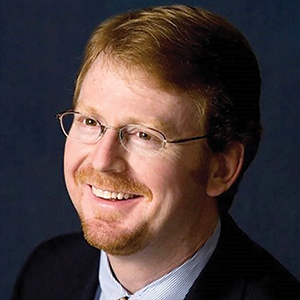
R. Todd Maxson
Dr. Maxson completed his Pediatric Surgery Fellowship at Texas Children’s in 1998. He worked clinically at Texas Children’s and Ben Taub, developing an interest in Pediatric trauma care. Dr. Maxson worked with the Texas Governor’s Trauma Advisory Council and then developed the first Pediatric Trauma Program in the Southwest US at Children’s Medical Center in Dallas.
He led a team that then moved Dell Children’s Hospital out from Seton Medical Center and led Dell to be the second ACS verified Pediatric Level 1 Trauma Center. In 2009 he moved to Arkansas to develop the State’s Trauma System which has cut preventable mortality in half TWICE since its inception. He also led the Arkansas Children’s Trauma Program to be the State’s first ACS Level 1 Pediatric Trauma Center. In 2019, he took the role as the Surgeon-in-Chief of the Arkansas Children’s System.
Dr. Maxson speaks extensively on Trauma center development, Trauma systems, Pediatric trauma, Injury prevention and Healthcare provider resilience.
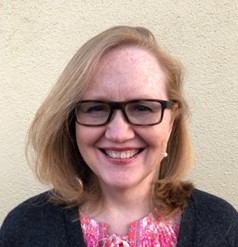
Heather Pidcoke
Dr. Pidcoke currently serves as CSU’s Chief Medical Research Officer and works in the Office of the Vice President for Research. Her translational research interests include trauma critical care and novel transfusion products aimed at improving the resuscitation of massively bleeding patients. Dr. Pidcoke is a subject matter expert in the field of remote damage control resuscitation and the use of blood products and biologics in austere environments. She graduated with a Doctor of Medicine degree from the Keck School of Medicine at the University of Southern California and went on to attend the Graduate School of Biomedical Sciences at the University of Texas Health Science Center (UTHSCSA). As a graduate student, Dr. Pidcoke received a prestigious national level award from the American College of Surgeons’ Committee on Trauma, and the UTHSCSA Guarino Award. She received a U.S. Army Commander’s Award for Civilian Service in recognition of her contributions in advancing medical research for military personnel. In 2016, Dr. Pidcoke was honored with the Presidential Early Career Award for Scientists and Engineers from the United States White House Office of Science and Technology Policy, presented by President Barack Obama. Dr. Pidcoke enjoys reading, cooking, gardening, and hiking with her husband, Bernard, and her dog, Ella. Her cats, Griffin and Caladrius, prefer to stay home.
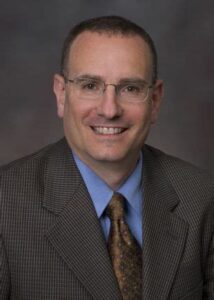
Martin Schreiber
Dr. Martin Schreiber is the Chief of Trauma and the Chief of the Division of Trauma, Critical Care and Acute Care Surgery at Oregon Health & Science University. He is the past Chairman of the Trauma Center Association of America. He is a Colonel in the US Army Reserve and has been deployed to Iraq and Afghanistan and he has served as the Joint Theater Trauma System Director. He is an Adjunct Professor of Surgery at the Uniformed Services University of the Health Sciences. Dr. Schreiber is also the director of the Trauma Research Laboratory, the Army Civilian Trauma Training Team and the Donald D. Trunkey Center for Civilian and Combat Casualty Care at OHSU. The Trauma Research Lab has been continuously funded by federal sources since 2001. Lab research interests include prehospital treatment of traumatic brain injury, resuscitation of hemorrhagic shock, hemorrhage control and development of novel blood products. Current funding sources include the Department of Defense, the NIH and private industry. The lab is engaged in over 40 investigational protocols at OHSU. Dr. Schreiber is considered a leader in the trauma community, and he has been an invited speaker throughout the United States and around the world.
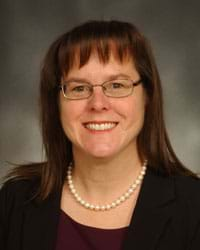
Alison Wilson
Dr. Wilson earned her MD from Baylor College of Medicine, Texas. She serves as Vice-Chair for the Department of Surgery at WVU and Chief, Division of Trauma, Acute Care Surgery and Critical Care. Currently she serves on the Board of Directors for Eastern Association for the Surgery of Trauma. She is the Chair of the WV Committee on Trauma and the National Chair for the Rural Trauma Team Development Course. She is a member of the Rural Committee on Trauma and serves as an ACS trauma center reviewer as part of the Verification and Review program. Recently, she has helped establish the WVU Section for Military and Austere Medicine and Surgery whose focus is to further trauma care in resource restricted environments and enhance educational opportunities for those who work and live in those regions.

Kristen Zersen
Dr. Kristin Zersen is an Assistant Professor of Small Animal Emergency and Critical Care at the Colorado State University Veterinary Teaching Hospital. She obtained her DVM from UC Davis School of Veterinary Medicine. Dr. Zersen completed a rotating internship at VCA West Los Angeles Animal Hospital followed by an emergency and critical care residency at Colorado State University. Dr. Zersen’s professional interests include fluid therapy, infectious disease, and mechanical ventilation. Her research is primarily focused on clinical trials including pharmacokinetics, product validation, and intravenous catheter complications.

Erin Long Mays
Dr. Erin Mays is a Diplomate of the American College of Veterinary Emergency and Critical Care and has special clinical interest and research experience in trauma resuscitation, transfusion therapy, and disorders of coagulation. Following graduation from University of Illinois in 2008, she was commissioned as an Officer in the U.S. Army Veterinary Corps. After over five years on active duty and 22 months in Iraq and Afghanistan, Erin returned to academia to pursue her passion for critical care medicine at NC State University where she completed a residency. She worked in private practice and industry research before joining the University of Illinois ECC faculty team. She remains active in research and publication in the area of hemostasis, trauma, and novel transfusion strategies and she continues her military service in the Army Reserves.
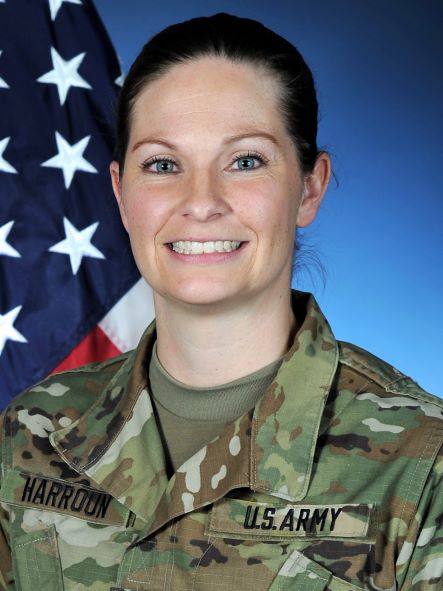
Hailey Harroun-White
Dr. Hailey Harroun-White is a U.S. Army Veterinary Corps Officer who has served for 10 years in various roles in the U.S. and overseas as a team leader, veterinary clinician, instructor, and researcher. She received her DVM from Colorado State University and MPH in epidemiology from the University of Colorado. She obtained board certification from the American College of Veterinary Preventive Medicine in 2019. Dr. Harroun is currently an instructor for the Army’s veterinary internship program. Her current research projects include translating human AIS codes for canine trauma, quantifying preventable injury rates in Special Forces working dogs, and associating poor kennel conditions with adverse health outcomes in military working dogs.